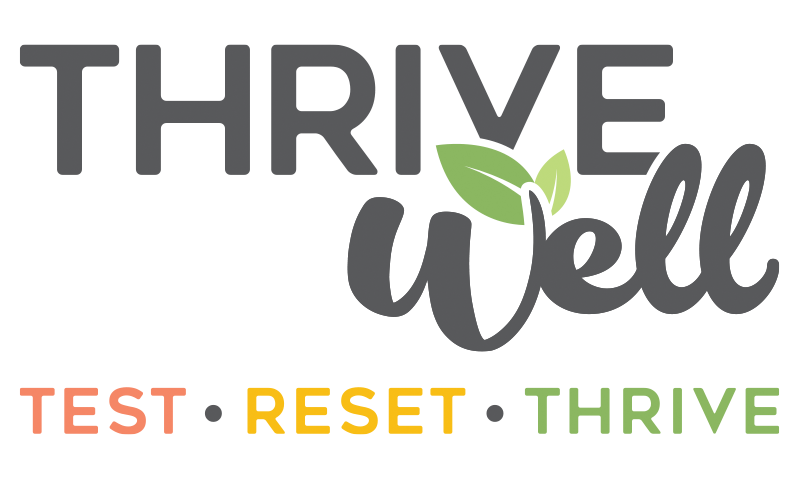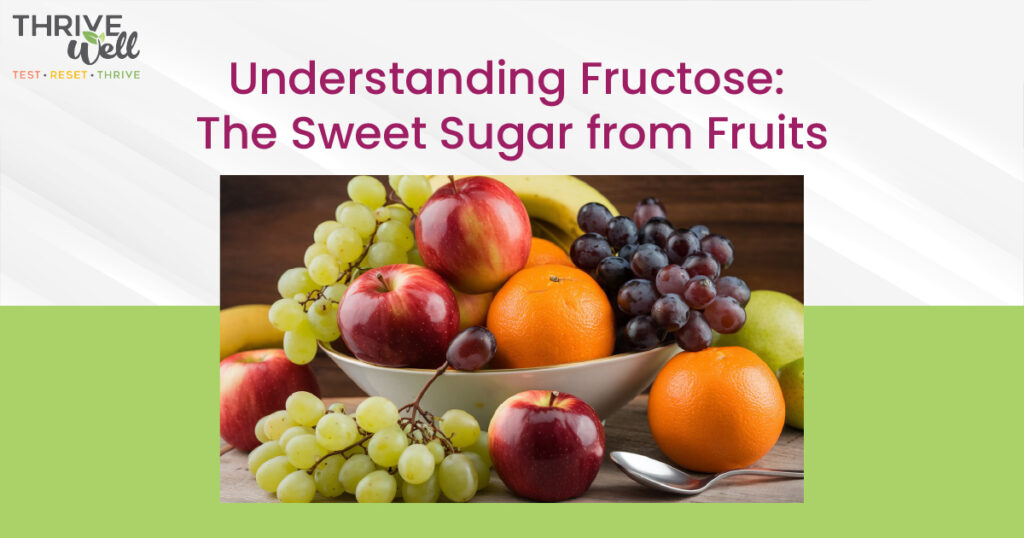When the word mentions sugar, we usually have it in a sweet substance that we add to our cakes, biscuits, or beverages. Now, let me add that various varieties of sugar may come as a surprise to some people. One of them is fructose. But I’d like to know more about it; let me first explain what fructose is and how it can harm you. In this article, we’ll break down everything you need to know about fructose, including where it comes from, how it’s different from other sugars, and its effects on your body.
What is Fructose?
Fructose is an exogenous sugar found in fruits, honey, and vegetables. The body hastens to metabolize it to gain energy. Again, unlike glucose, which every cell in the body breaks down, most of the fructose is processed within the liver.
When you consume foods rich in fructose, like apples or grapes, the sugar absorbed in your intestines directly goes to your liver for metabolism. That differs from how your body metabolizes other sugars like glucose and sucrose.
Contact ThriveWell Solutions today for personalized nutrition advice and guidance!
Natural Sources of Fructose
Ingested fructose tends to exist in whole and natural unprocessed foods containing valuable nutrients such as fiber, vitamins, and minerals. Some of the most common natural sources of fructose are:
- Fruits: Apples, grapes, mangoes, and pears have a high amount of fructose.
- Vegetables: Some vegetables like onions, carrots, and sweet corn contain small amounts of fructose.
- Honey: Honey is a natural sweetener with a high fructose content, which should be well managed by those worried about its consumption.
In general, these natural sources of fructose are healthy as they contain many beneficial nutrients, like fiber, which slow the absorption of sugar.
Fructose vs. Other Sugars: What’s the Difference?
Although fructose, glucose, and sucrose are all sugars, they have different effects on the body.
- Fructose: Chiefly metabolized in the liver, does not raise blood glucose levels.
- Glucose: This directly increases blood sugar and insulin release, enabling cells to harness it to produce energy.
- Sucrose, commonly called table sugar, combines glucose and fructose; your body breaks it into two components.
Processed Fructose: High-Fructose Corn Syrup
While natural sources of fructose-like fruits are good, most foods that have been processed contain high-fructose corn syrup or HFCS additive that is obtained from corn starch. HFCS is present in:
- Sodas and sugar drinks
- Confectionery and sweets
- Packaged snacks and baked products
It is also more concentrated than the natural fructose found in fruits and is dangerous if taken excessively. One study shows that an excessive intake of HFCS can result in weight gain, insulin resistance, and even a risk for NAFLD.
How Does the Body Process Fructose?
Eating fructose is absorbed by your body in the small intestine and then sent to your liver for further processing. Unlike glucose, fructose does not increase blood sugar levels through direct means. Instead, it is treated by the liver to form some glycogen, which is residual energy stored in the body or as fat. The overall result is the excess intake of fructose, mainly from processed foods, causing fat buildup in the liver, which may damage the liver.
Here’s a simple breakdown of how fructose is processed:
- Absorption: Fructose is absorbed in the intestines.
- Transport to Liver: It travels to the liver, where it’s metabolized.
- Energy or Fat Storage: The liver uses fructose or converts it to fat.
Health Risks of Excessive Fructose Consumption
While fructose from whole foods is relatively harmless, excessive consumption of fructose in processed foods can lead to the following health problems:
- Obesity: Excessive fructose is stored as fats that cause excess weight gain.
- Insulin Resistance: Consuming too much fructose may make your body less insulin sensitive, promoting type 2 diabetes.
- Liver Disease: Too much fructose can contribute to fatty liver disease and increase one’s risk of heart disease.
- Increased Blood Pressure: It can also cause higher triglyceride levels, increasing blood pressure.
However, it is essential to understand that these risks are associated only with high-fructose corn syrup and other processed sugars. Natural fructose derived from fruits and vegetables does not entail such risks if consumed in moderation.
How Much Fructose is Too Much?
There are no specific guidelines for how much fructose you should consume, but many health organizations recommend limiting added sugars, including fructose, to less than 10% of your daily calories.
To put this into perspective:
- For someone eating 2,000 calories a day, this is about 50 grams of sugar.
- At least 35 grams of high-fructose corn syrup can be found in a single serving of soda, sometimes just one can.
Instead of cutting out all sugars, focus on limiting processed sugars and getting fructose from natural sources like fruits and vegetables.
Fructose in Fruits vs. Processed Foods
One of the most significant differences between fructose in fruits and processed foods is how it’s absorbed. If you take fruit, for instance, there is fiber that will delay absorption of fructose so you do not wake up with a high blood sugar level. On the other hand, sugary drinks and processed foods containing HFCS deliver enormous amounts of fructose to the liver quickly, leading to fat accumulation and other health issues.
Why fruits are a better option:
- Fiber: Slows down sugar absorption.
- Vitamins and Minerals: Provides essential nutrients.
- Hydration: All fruits contain a very high amount of water which aids in digestion of foods.
Fructose and Your Diet: Striking a Balance
Moderation is vital when it comes to fructose. Here are some tips for keeping your fructose intake in check:
- Choose whole foods: Consume sweet compounds in fruits, vegetables, and whole grains.
- Limit sugary drinks: Cut on sodas, sweetened teas, and energy drinks.
- Read labels: Pay special attention to those food products with camouflaged sugars.
- Practice portion control. This also applies to quality foods such as fruits, which should be eaten correctly.
ThriveWell Solution has an exhausting list of recommended foods as a guide to embracing a healthy and balanced whole-food diet. Whether you want to manage your sugar intake or have specific dietary concerns, we’re here to help you make informed choices.
About ThriveWell Solutions
ThriveWell Solutions is a company in the health and wellness industry specializing in nutrition, fitness, and wellness across the lifespan. We create personalized nutrition plans, offer expert advice on healthy eating, and support sustainable lifestyle changes. Whether you want to lose weight, manage a health condition, or feel your best, ThriveWell Solutions is here to guide you on your wellness journey.
Are you interested in improving your health? Contact ThriveWell Solutions today to learn more about our personalized nutrition services.
Now that you know what fructose is and how it works in the body, it’s essential to be mindful of where your fructose is coming from. Replace processed foods with added sugar with natural fruits or any other natural sources of sugar. With the right balance, fructose can be a part of a healthy diet. To improve your nutrition, consider contacting ThriveWell Solutions for personalized advice.
Contact ThriveWell Solutions today and begin a lifestyle transformation journey with us!



